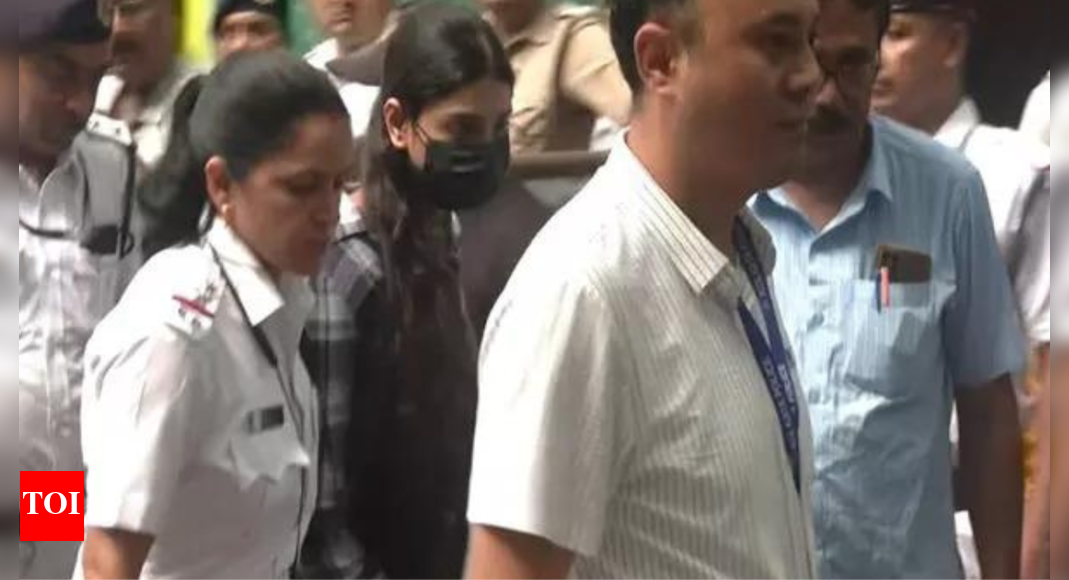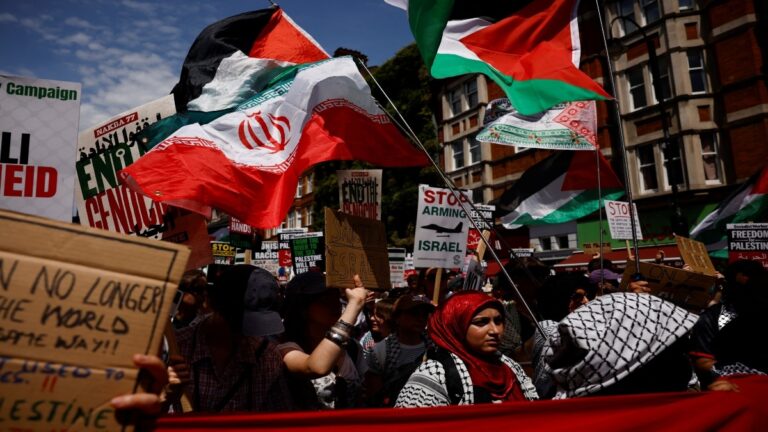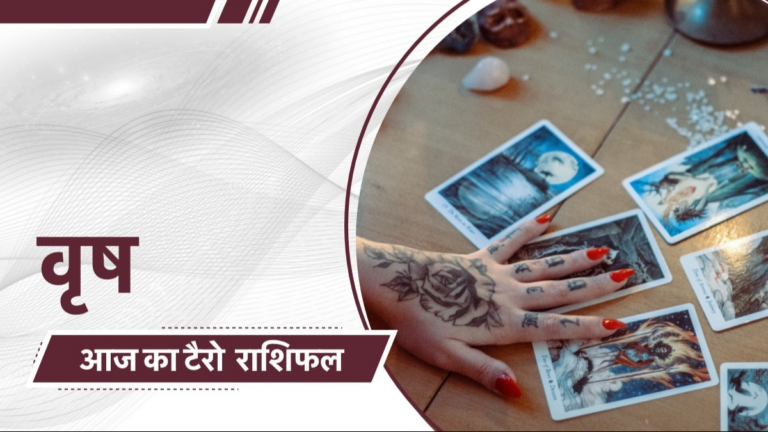Kolkata Police Arrests Complainant in Hate Speech Case Amid Rising Controversy Over Social Media Remarks
NEW DELHI: The ongoing saga surrounding Instagram influencer Sharmistha Panoli has taken an unexpected turn as Wazahat Khan Qadri, the complainant in her case, has been arrested by Kolkata police. The incident raises crucial questions about the boundaries of free expression in social media, the implications of hate speech, and the motivations behind such complaints.
Background of the Case
Sharmistha Panoli, a law student from Gurugram, made headlines after a video of her criticizing Bollywood actors resurfaced in connection to the controversial "Operation Sindoor." Her comments reportedly faced backlash, leading to her arrest. In response, Wazahat Khan Qadri approached the authorities, lodging a complaint against her, which he claimed was grounded in concerns over communal remarks.
However, the situation escalated when BJP MLA Agnimitra Paul and Sanjukta Samanta, a member of West Bengal’s BJP legal cell, filed FIRs against Qadri. These complaints alleged that Qadri himself had engaged in hateful and communal postings on social media, with accusations surfacing that indicated he was using the commotion surrounding Panoli as a front to distract from his online behavior.
The Arrest of Wazahat Khan Qadri
Kolkata police apprehended Qadri on Monday after claims of his "untraceable" status since Sunday. His alleged promotion of communal rhetoric has spurred at least seven complaints, including one filed with the Lalbazar Cyber Cell. Police have confirmed they are currently in the process of verifying the content of his social media accounts, which have now been locked.
In a turn of events, Qadri’s father described the police action as a "witch hunt," asserting his son’s innocence and claiming that some of his accounts had been hacked. He insisted that Qadri is a secular person, claiming they had received threats after Panoli’s arrest, hinting at the politically charged atmosphere surrounding the case.
Social Media and Hate Speech
The cases of Qadri and Panoli highlight the complex relationship between social media, personal expression, and the potential for misuse of platforms meant for dialogue. As societal norms evolve, so do the definitions of hate speech and communal incitement. Here are some key considerations regarding hate speech in social media:
-
Definition and Legal Aspects: Hate speech refers to any communication that belittles or discriminates against individuals or groups based on attributes such as religion, ethnicity, or gender. Laws governing hate speech vary worldwide, but many jurisdictions prioritize the balance between free speech and public safety.
-
Social Media Platforms’ Responsibility: Platforms like Instagram and Facebook grapple with preventing the spread of hate speech while also allowing freedom of expression. Recent developments emphasize the rising demands for stricter regulations, as seen in the arrest of individuals accused of breaching these laws.
- Public Reaction: The digital audience consumes content rapidly, often reacting without full context. This Bruce Lee-like speed in the dissemination of information can lead to misunderstandings and misplaced outrage.
Judicial Response and Implications
The legal developments surrounding this case are noteworthy. Just days after the arrest of Qadri, the Calcutta High Court granted interim bail to Sharmistha Panoli, ruling that the FIR against her did not disclose any cognizable offense. This decision underscores the judiciary’s critical role in navigating the challenging waters of online speech and accountability.
As both Panoli and Qadri’s cases unravel, observers must pay attention to the emerging trends and precedents established regarding the legal handling of digital platforms and content. The situation follows a growing trend of governments incorporating stricter guidelines for digital speech that can have real-world consequences.
Conclusion: A Cautionary Tale
The unfolding drama between Sharmistha Panoli and Wazahat Khan Qadri serves as a cautionary tale about the implications of social media in today’s digitally driven society. As individuals increasingly turn to online platforms to express themselves, the lines blur between legitimate critique and hate speech.
The recent events not only reflect the current climate of discord in contemporary social discourse but also raise concerns about the accountability of both individuals and platforms. As we move forward, critical discussions surrounding free speech, the power of social media, and the interpretative nature of hate speech will undoubtedly intensify.
As society navigates this intricate landscape, it becomes essential to foster dialogue rooted in mutual respect while upholding the principles of justice and equality—both online and offline. The outcomes of these cases may well serve as a precedent in dictating how we engage with society in the digital age.





